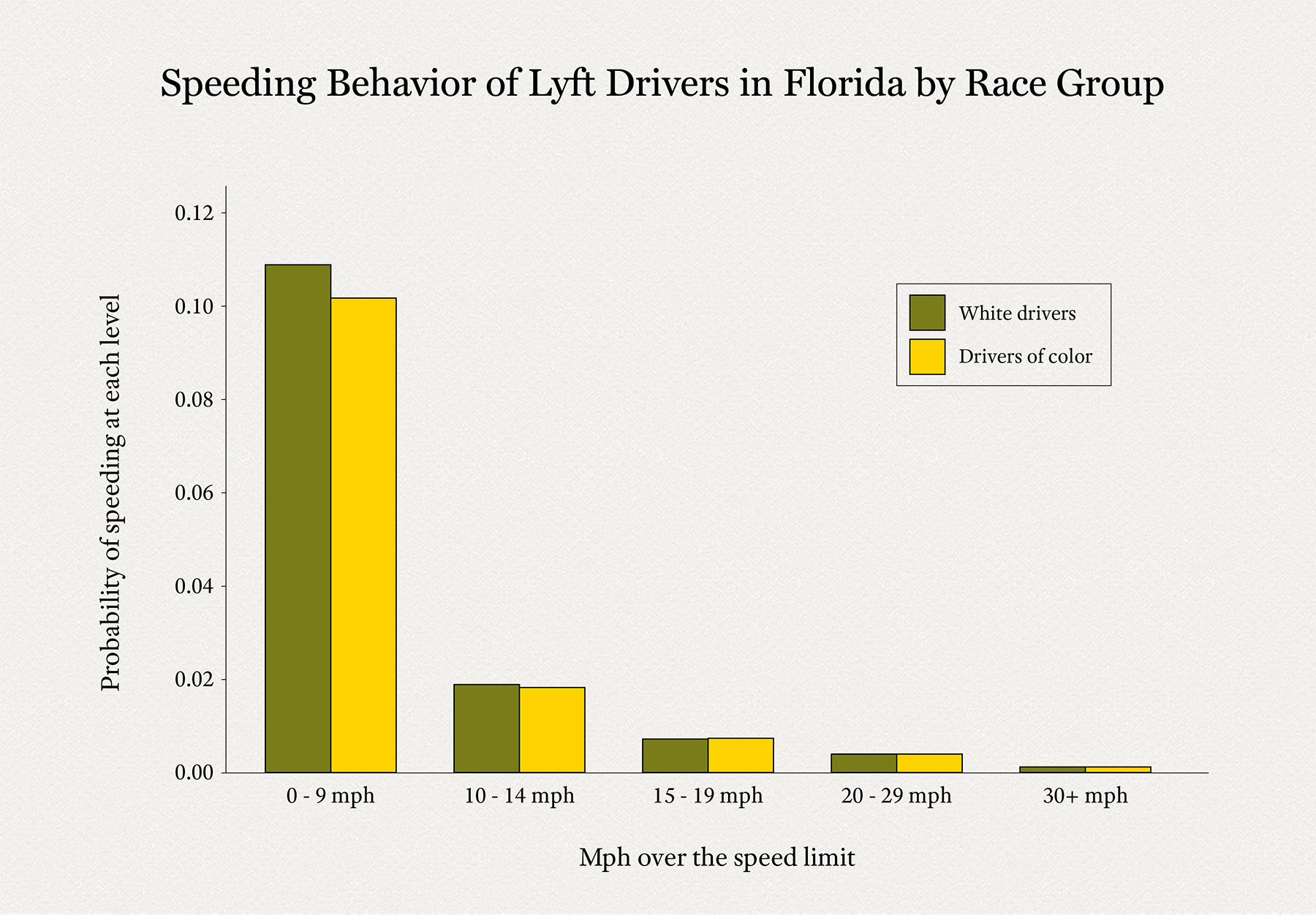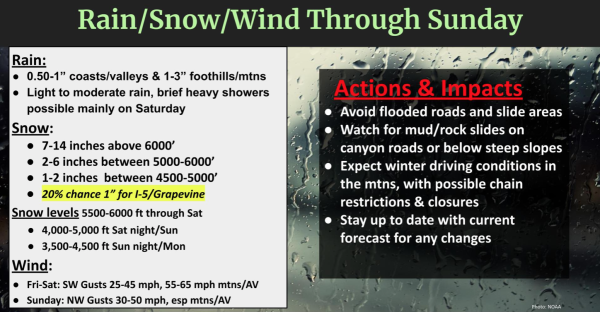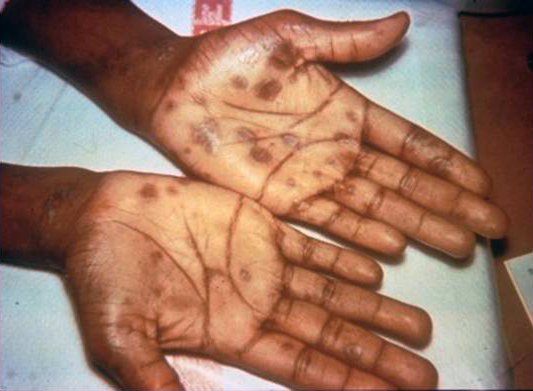By Carl Franzen
Research shows that people of color are disproportionately targeted by police for violence and arrests. And Black drivers are 20% more likely to be pulled over by police than white drivers, according to one large study.
Now, for the first time, a new research report published by Lyft found that rideshare drivers who self-identify as Asian and Pacific Islander, Hispanic, or Black were 24% to 33% more likely to receive a speeding ticket than white drivers, even when driving at the exact same speeds. The authors have the GPS data to back up their findings.
As a result, this same combined group of rideshare drivers ended up paying 23% to 34% more in fines.
Lyft
Researchers analyzed 40 billion individual GPS data on drivers’ location and speed
The data analyzed included 40 billion different GPS observations, which can be used to determine a driver’s location and speed. The researchers cross-referenced that data with traffic violation records from Florida that they obtained by filing a Freedom of Information Act (FOIA) request.
By comparing Florida speeding tickets with Lyft GPS data, the researchers determined which vehicles were ticketed and how fast they were going. Then, using publicly available information from the Florida State Election Board, they were able to match drivers’ names with self-reported racial identification. That allowed them to determine the race of the drivers who received speeding tickets.
The Florida Police Chiefs Association and the Florida Police Benevolent Association did not comment on the findings.
This story was produced by Lyft and reviewed and distributed by Stacker Media.
Re-published with CC BY-NC 4.0 License.







